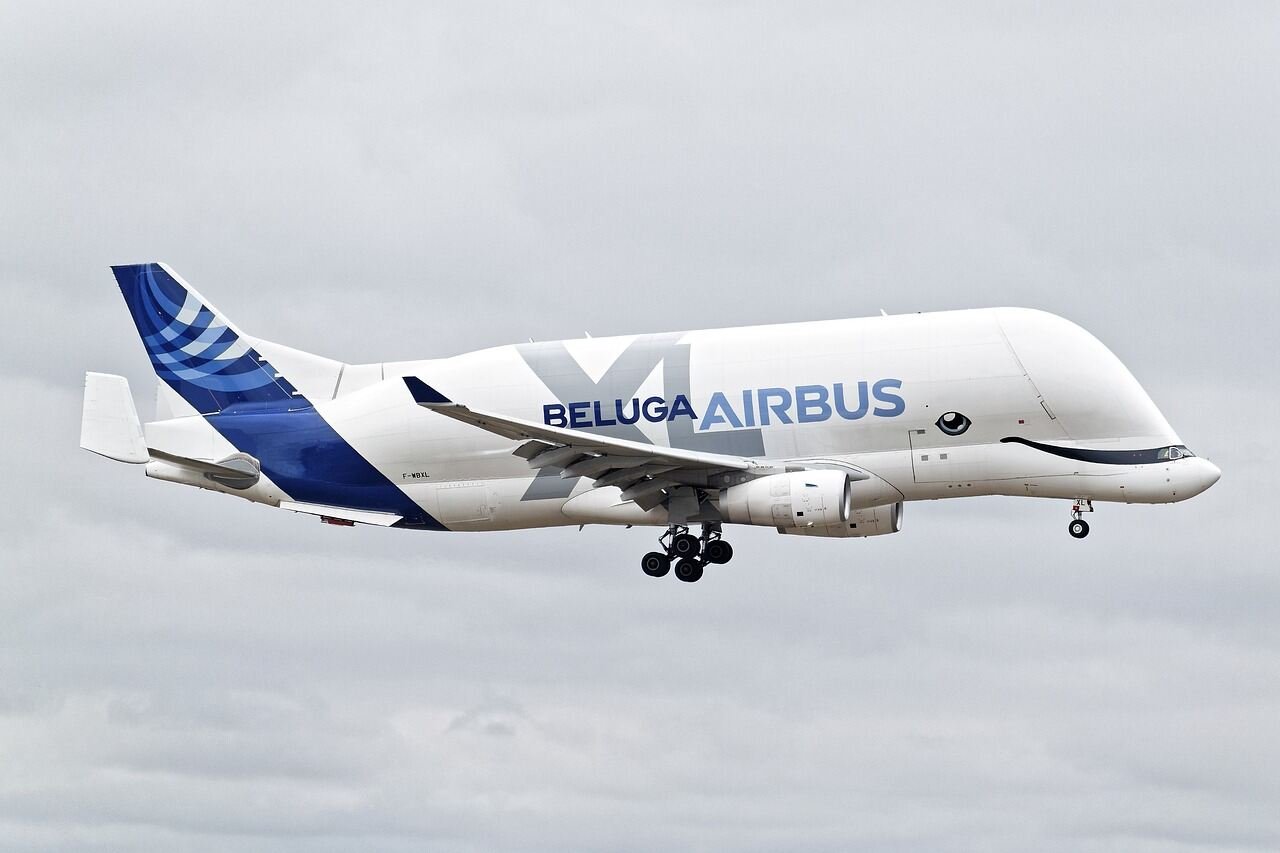The Airbus A320 is a favorite in commercial aviation because it’s reliable and has advanced features. Pilots looking to operate this aircraft undergo specialized training designed to enhance their knowledge and skills. The training course covers everything from understanding the aircraft’s systems to mastering its unique handling characteristics. This program ensures that pilots are fully prepared to manage the challenges of flying a technologically advanced jet. The course focuses on practical training and teaching the essentials. By the end of the program, pilots gain confidence in their ability to operate the A320 efficiently and safely.
Aircraft Systems and Functionality
A major focus of the Airbus A320 training course is learning about the aircraft’s complex systems. Pilots learn how its flight controls work, including modern fly-by-wire technology. This system uses electronic signals instead of traditional mechanical linkages, offering greater precision and safety. The course also introduces pilots to the cockpit’s layout, which features advanced avionics and digital displays. Pilots are required to know how the electrical, hydraulic, and fuel systems work since they’re key to running the aircraft. Training teaches pilots how to handle these systems on everyday flights and in emergencies. This knowledge forms the backbone of their ability to operate the A320 with confidence.
Flight Operations and Handling
The Airbus A320 training course emphasizes flight operations and aircraft handling techniques. Pilots learn how to manage takeoffs, landings, and in-flight maneuvers specific to the A320. Handling a modern jet like the A320 requires understanding its unique behavior in the air. Training programs often use flight simulators that replicate real-world flying conditions to help pilots practice safely. These sessions allow trainees to experience how the A320 responds to various scenarios, including turbulence and crosswinds. Instructors focus on helping pilots develop smooth control inputs and efficient operational habits. This part of the training helps pilots prepare for what it’s like to fly this plane.
Emergency Procedures and Safety Protocols
Safety is a top priority in aviation, and the Airbus A320 training course dedicates significant time to emergency procedures. Pilots learn to deal with challenging situations like engine failures, hydraulic problems, or sudden weather changes. The program includes simulator exercises that replicate these emergencies, allowing pilots to practice their responses in a controlled environment. Properly following safety protocols is emphasized throughout the training, ensuring that pilots remain composed under pressure. Pilots also learn how to work with air traffic control and the crew to stay clear and calm in emergencies. This preparation equips them to maintain safety and make informed decisions when it matters most.
Navigation and Autopilot Mastery
Navigating the Airbus A320 efficiently is another key area of focus in the training course. Pilots are introduced to the aircraft’s navigation systems, including GPS, flight management systems, and automated features. The A320’s advanced autopilot capabilities are particularly important, as they simplify many aspects of long-haul flights. Trainees learn to set up the autopilot for climbing, descending, and cruising. They also practice transitioning between manual and automated controls, which requires precision and attention to detail. Mastering these systems enables pilots to optimize fuel efficiency and maintain smooth flight operations. The training ensures they are comfortable with both technology and traditional navigation techniques.
Decision-Making and Crew Resource Management
Modern aviation relies on strong decision-making skills and effective teamwork, both of which are emphasized in A320 training. Pilots are taught how to analyze situations and make sound decisions quickly, using the data available to them. Crew resource management (CRM) teaches pilots and crew how to work together and communicate effectively. This training helps pilots build trust with their teams and work together to address challenges. CRM exercises often involve role-playing scenarios to enhance teamwork and coordination. This part of the course focuses on teamwork, helping pilots create safer and smoother flights.
An Airbus A320 training course is key for pilots who want to fly one of the most advanced planes out there. By covering everything from aircraft systems to emergency procedures, the program provides a comprehensive foundation for flying the A320. Through a mix of hands-on simulations and theoretical instruction, pilots gain the expertise needed to manage the challenges of operating a modern jet. Mastery of navigation, autopilot systems, and crew collaboration ensures that they can handle both routine flights and unexpected situations with confidence. This training helps pilots build the skills they need to succeed. For aspiring A320 operators, the course offers an opportunity to advance their careers while contributing to the safety and efficiency of the aviation industry.


